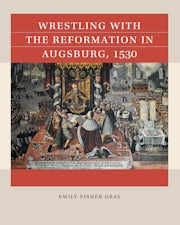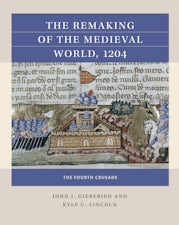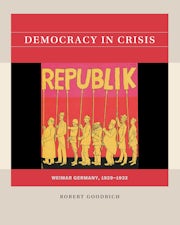Wage Labor and Guilds in Medieval Europe
By Steven A. Epstein

320 pp., 6.125 x 9.25
-
Paperback ISBN: 978-0-8078-4498-4
Published: February 1995
Buy this Book
"A thoughtful and wide-ranging contribution to the social and economic history of the High Medieval urban milieu."--Journal of Interdisciplinary History
"Interesting and comprehensive. . . . A major accomplishment."--Journal of Economic History
"Epstein takes a fresh look at the organization of labor in medieval towns and emphasizes the predominance of a wage system within them. He offers illuminating comment on a wide range of subjects--on guilds and guild organization, on women and Jews in the work force, on the value given labor, and on the sources of disaffection. His book presents a feast of themes in medieval social history."--David Herlihy, Brown University
About the Author
Steven A. Epstein, professor of history at the University of Colorado, Boulder, is author of Wills and Wealth in Medieval Genoa, 1150-1250.
For more information about Steven A. Epstein, visit
the
Author
Page.
Reviews
"Relying on a broad range of printed and secondary sources, Wage Labor and Guilds charts the history of guilds from their antecedents in the Roman Empire to their 'crisis' in the fourteenth century. . . . As a much-needed synthesis, [the book] will serve students well."--Speculum
"A thoughtful and wide-ranging contribution to the social and economic history of the High Medieval urban milieu."--Journal of Interdisciplinary History
"Interesting and comprehensive. . . . A major accomplishment."--Journal of Economic History
"Epstein takes a fresh look at the organization of labor in medieval towns and emphasizes the predominance of a wage system within them. He offers illuminating comment on a wide range of subjects--on guilds and guild organization, on women and Jews in the work force, on the value given labor, and on the sources of disaffection. His book presents a feast of themes in medieval social history."--David Herlihy, Brown University



